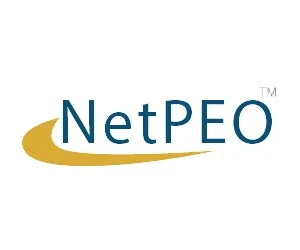If you’re considering working with a PEO (professional employer organization), you might be wondering how their fees work and how they make money. At NetPEO, we can’t speak for every PEO out there, but we do understand the industry and we know what practices are most common.
First, some background: PEOs are different from insurance brokers. While both types of companies can help your business get insurance for your employees, and both can save you money, PEOs offer a much more robust arrangement. Rather than just helping you find an insurance plan, they will add your workers to the pool of employees they represent, coming to the bargaining table for you as if you are a much larger organization. That means you reap the benefits of substantially discounted insurance plans.
In general, there are two main ways that PEOs make money:
- The fees you pay to the PEO directly. PEOs charge for their services. Their own costs depend on how many employees you have, and what kinds of employees they are (salaried vs. wage workers, for example). Those costs are reflected in the prices they charge you. Generally, they will either charge a fixed percentage of your total payroll, or a flat fee per employee. These fees also get you access to comprehensive HR, compliance and risk management support, not just their insurance networks.
- Commissions from insurance companies. Not all PEOs receive these, and it depends on how the PEO procures insurance. If the PEO has its own self-funded insurance plans, no commissions are involved. If they are instead dealing with smaller individual company plans, or pooled group plans, they likely receive a commission for the business they bring the insurance company. This is similar to the model used by insurance brokers. With a PEO, your company does not pay the commission—the insurer does.
A good PEO will be transparent about its business model and will disclose any commissions it receives, if you desire.
Is a PEO the right choice for my company?
It depends on what your goals are. If you simply want to get a professional to advise you on the right insurance plan, you may not need a PEO. However, because PEOs get you access to deep discounts (as if you are a larger organization), they may be able to save you more money. It’s worth consulting with a PEO early in your insurance research process to see what they can offer you that a broker can’t.
PEOs also tend to have extra appeal for growing organizations, as they take administrative work off of your plate and allow you to focus on developing your business—while ensuring high quality HR support and compliance with government regulations.
Are you considering a PEO? NetPEO is your experienced, service-oriented choice—with competitive rates and real savings. Let NetPEO give you a free consultation to discuss your company’s needs. Fill out the form to your right or contact us and get your free consultation today.


